Saving Trees with Every Choice: The Importance of Eco-Friendly Boards in Reducing Deforestation
indowud2025-01-28T06:05:45+00:00Deforestation is a critical global challenge, with millions of trees cut down annually to meet the growing demand for timber-based materials. Industries like construction and furniture heavily rely on plywood, MDF, and solid wood, significantly contributing to this crisis. However, the rise of eco-friendly alternatives, such as Natural Fiber Composite (NFC) panels, offers a sustainable solution to reduce deforestation while catering to industry needs.
This article delves into how eco-friendly boards can help save trees, protect ecosystems, and pave the way for a sustainable future.
The Environmental Cost of Deforestation
1. Loss of Forest Cover
Every year, approximately 10 million hectares of forest are lost—equivalent to 27 soccer fields every minute. Forests are essential for regulating the climate, preserving biodiversity, and sustaining livelihoods.
2.Impact on Climate Change
Forests act as carbon sinks, absorbing carbon dioxide and mitigating climate change. Deforestation releases this stored carbon, accelerating global warming.
3.Biodiversity Decline
Forests shelter 80% of terrestrial species. Deforestation destroys habitats, endangering countless plant and animal species.
4.Soil Erosion and Desertification
Trees anchor soil, preventing erosion. Deforestation leaves land barren, leading to desertification and declining agricultural productivity.
The construction industry’s reliance on timber-based products like plywood and MDF plays a significant role in these challenges. Shifting to eco-friendly boards can mitigate these effects.
Eco-Friendly Boards: A Sustainable Alternative
Eco-friendly boards, such as Indowud NFC panels, represent a significant shift in material science. By eliminating the need for timber, they provide an innovative, sustainable solution without compromising on quality or performance.
1.Made from Renewable Resources
Unlike traditional wood-based products, NFC boards are made from agricultural residues such as rice husk, wheat straw, and bagasse. These materials, often burned as waste, are repurposed into high-performance boards, reducing pollution and conserving trees.
2.Zero Timber Dependency
NFC panels bypass the need for forest timber entirely, directly decreasing logging activities and preserving forest ecosystems.
3.Superior Durability
Engineered for resilience, NFC boards resist water, termites, and fire. Their longevity reduces the need for frequent replacements, further lowering the demand for timber.
4.Cleaner Manufacturing
Unlike plywood and MDF, which often involve high energy use and harmful adhesives, NFC boards are made through an extrusion process that minimizes emissions and eliminates formaldehyde, ensuring a healthier product for people and the planet.
How Eco-Friendly Boards Reduce Deforestation
1. Preserving Forest Ecosystems
By reducing reliance on timber, eco-friendly boards help safeguard habitats critical for biodiversity, including endangered species.
2.Lowering Carbon Emissions
Using agricultural waste for production prevents the burning of residues, a major source of air pollution. Additionally, reducing deforestation curbs carbon emissions from logging activities.
3.Supporting Circular Economies
Eco-friendly boards transform agricultural by-products into valuable materials, supporting farmers and reducing waste.
4.Meeting Green Building Standards
Many eco-friendly boards, including Indowud NFC panels, are certified for sustainable practices, making them ideal for projects aiming to achieve LEED or similar certifications.
5.Driving Awareness and Change
Adopting eco-friendly materials inspires industries and consumers to embrace sustainable practices, gradually shifting market preferences away from traditional timber products.
Case Study: Indowud NFC Panels
Indowud NFC panels showcase how innovation can promote sustainability:
- Raw Materials: Made entirely from agricultural residues, saving thousands of trees annually.
- Durability: Waterproof, termite-proof, and fire-retardant, outperforming traditional plywood and MDF.
- Versatility: Suitable for furniture, wall paneling, and exterior cladding, offering wide-ranging applications.
- Recognition: Certified for green building practices, encouraging sustainable design and construction.
Global Impact of Eco-Friendly Boards
1.Combating Climate Change
By reducing deforestation and repurposing agricultural waste, eco-friendly boards lower the construction industry’s carbon footprint.
2.Supporting Sustainable Urbanization
With urbanization on the rise, these boards provide scalable, resource-efficient solutions to meet growing material demands.
3.Encouraging Responsible Choices
Eco-friendly products empower consumers and industries to make environmentally conscious decisions, fostering a culture of sustainability.
What You Can Do
As a Consumer
- Choose eco-friendly boards like Indowud for construction and renovation projects.
- Support brands prioritizing sustainable practices.
As an Industry Professional
- Advocate for sustainable materials in projects.
- Educate clients on the benefits of eco-friendly alternatives.
As a Community Member
- Spread awareness about the environmental impact of deforestation.
- Support reforestation initiatives and policies promoting sustainable practices.
Conclusion: Building a Greener Future
Every eco-friendly board used represents a tree saved and a step toward protecting our planet. Alternatives like Indowud NFC panels are not just materials but solutions to pressing environmental challenges like deforestation and climate change.
The transition to sustainable materials is no longer optional—it is essential. Together, by making mindful choices, we can reduce deforestation, conserve biodiversity, and combat global warming, ensuring a balance between development and preservation.
Let’s make a difference—one board at a time.

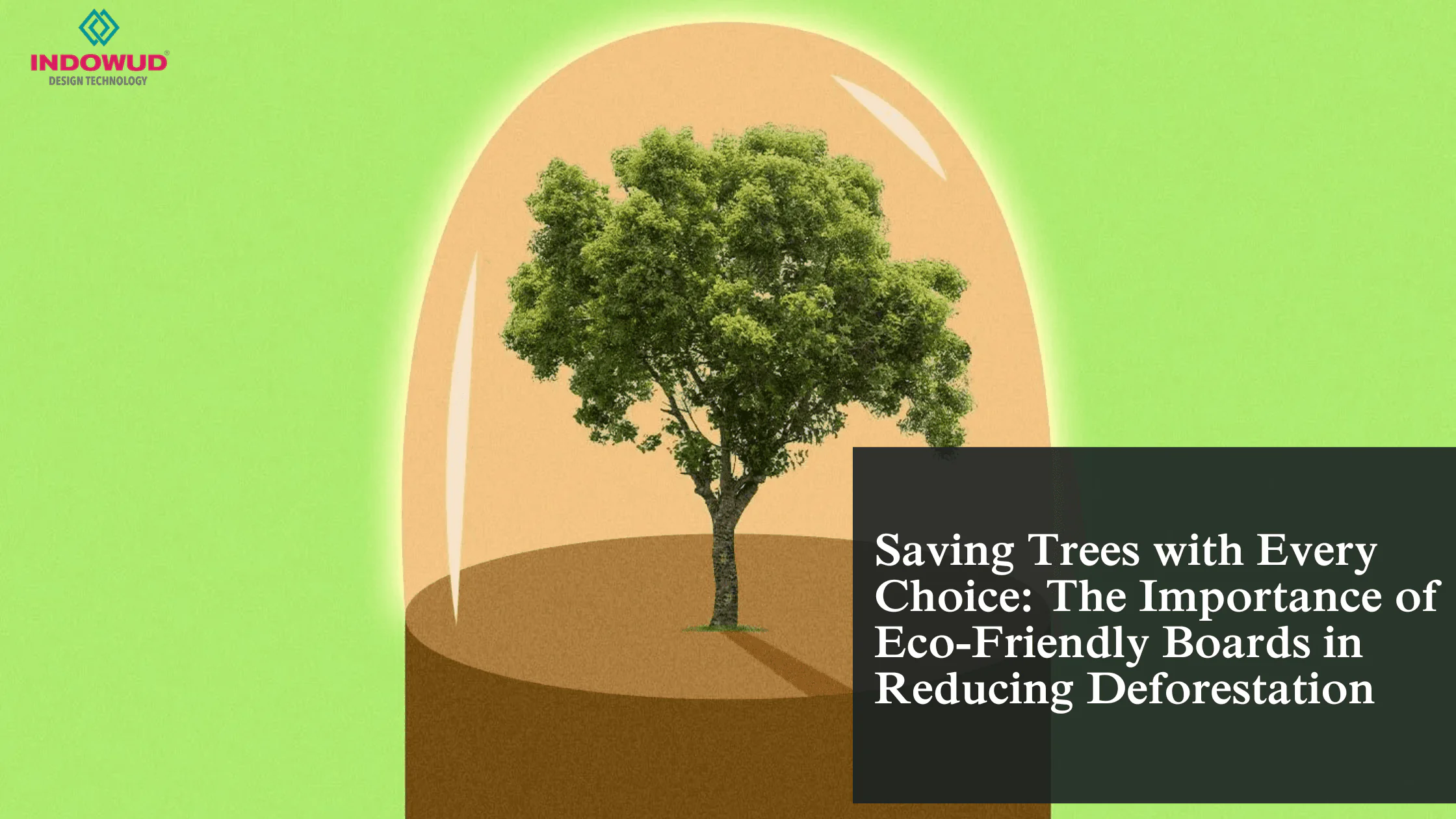
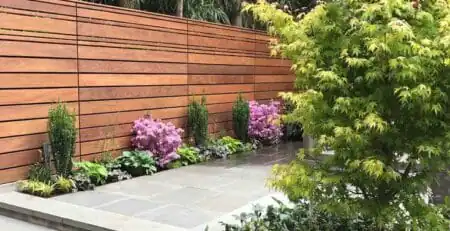
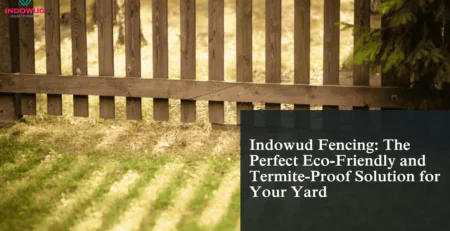
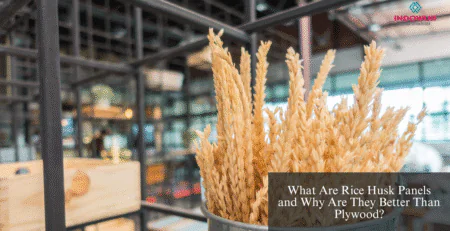
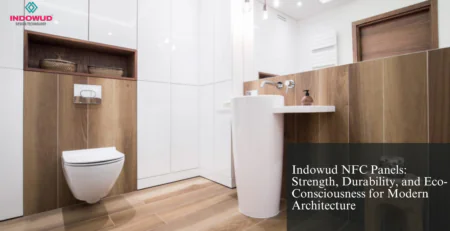

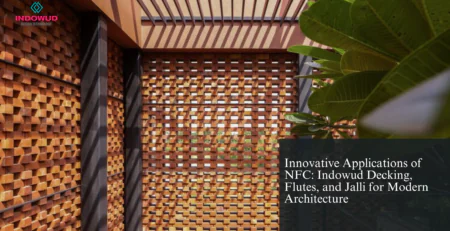

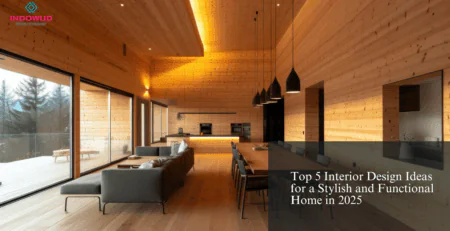
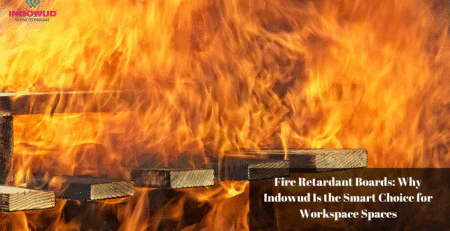

Leave a Reply